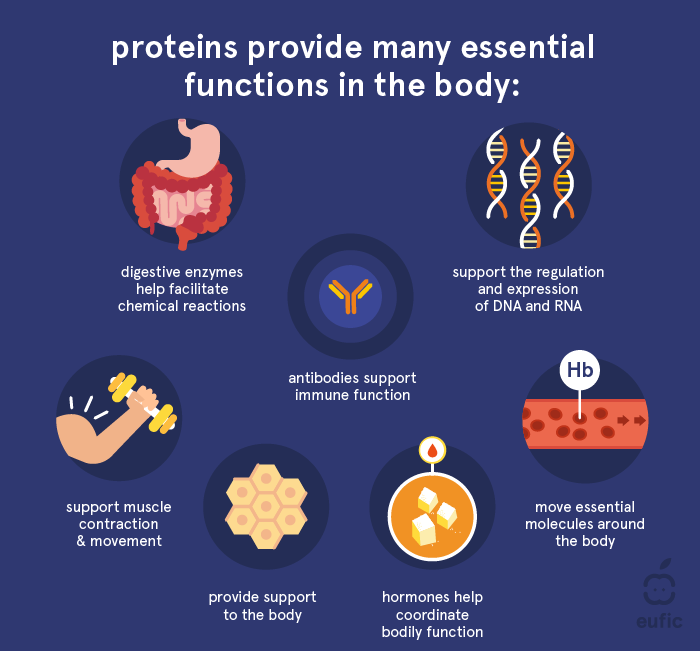Recently, I’ve been seeing a lot of bold claims floating around the internet about how much protein we “should” be eating per meal; most of which are either missing context or just flat-out wrong.
So, I figured we could break it down. No fear tactics, no gatekeeping—just the facts, plus some helpful perspective.
Let’s Start With the Basics:
Protein contains 4 kcal/g. So if you eat 30 grams of pure protein, that’s about 120 calories.
Most protein-rich foods also contain fats or carbs, so the total calorie count is usually a bit higher.
Protein gets broken down into amino acids, or as almost everyone remembers drilling into their head in high school biology, “amino acids are the building blocks of proteins”.
These amino acids aren’t just for building muscle. They’re also involved in producing hormones, neurotransmitters, enzymes, and more.
Complete vs. Incomplete Protein (And Why It Matters)
Dietary protein comes from both animal and plant sources. Animal proteins, quinoa, buckwheat, and soy are all “complete” proteins, meaning that they contain all nine essential amino acids that our body cannot produce on its own.
Most other plant proteins are incomplete but can be paired (think rice + beans) to form a complete profile.
If you’re plant-based, it’s completely doable; you just need a little more intention behind your meal choices.
How Much Protein Do You Actually Need?
This can vary depending on your goals, but in general, I recommend 0.75–1 gram of protein per pound of body weight for healthy adults. That’s a solid range to support muscle protein synthesis, energy, and skeletal muscle mass.
If you're on a GLP-1 medication, I typically calculate this based on your ideal body weight or goal weight to make sure you're still getting what your body needs.
The 30-Gram Myth
You may have heard online that we should only consume a maximum of 30g of protein per meal. I have seen people say that more than this gets excreted, leads to increased fat, or is simply not metabolized by the body. All of these are false :) Our body does not have a specific upper limit of protein that it can use. As I mentioned in the bullets above, protein is used for many processes other than muscle protein synthesis.
Research shows that muscle protein synthesis is stimulated by 20-30 grams of protein per meal and that greater than this amount does not lead to an increase in muscle protein synthesis. However, that excess protein above 30 grams is oxidized for energy, converted to glucose or fat, or the nitrogen is excreted as urea. Since we all metabolize food uniquely, it is impossible to say that all individuals only need 30 grams of protein per meal, because as we just learned, our body needs protein for a whole host of metabolic purposes.
So What Should You Aim For?
My rule of thumb: Aim for at least 20–30g of protein per meal.
This supports:
Muscle repair and growth
Hormone production
Digestive enzyme function
Overall metabolic health
Don’t stress if you’re getting more than that, especially if it’s coming from high-quality, nutrient-dense sources.
Yes, technically, eating anything in a significant calorie surplus can lead to weight gain, but the idea that your body "can’t use" extra protein? Not it.
A Few High-Quality Protein Favorites:
Lean meats (chicken, turkey, grass-fed beef)
Eggs
Beans and legumes
Greek yogurt and dairy (if tolerated)
Regeneratively farmed and grass-finished meat. I’m a big fan of Force of Nature
As always, feel free to reach out with questions or thoughts. I love chatting about this stuff.
xx
Megan Tomlin, MS, RD




So informative. Thank you!!!